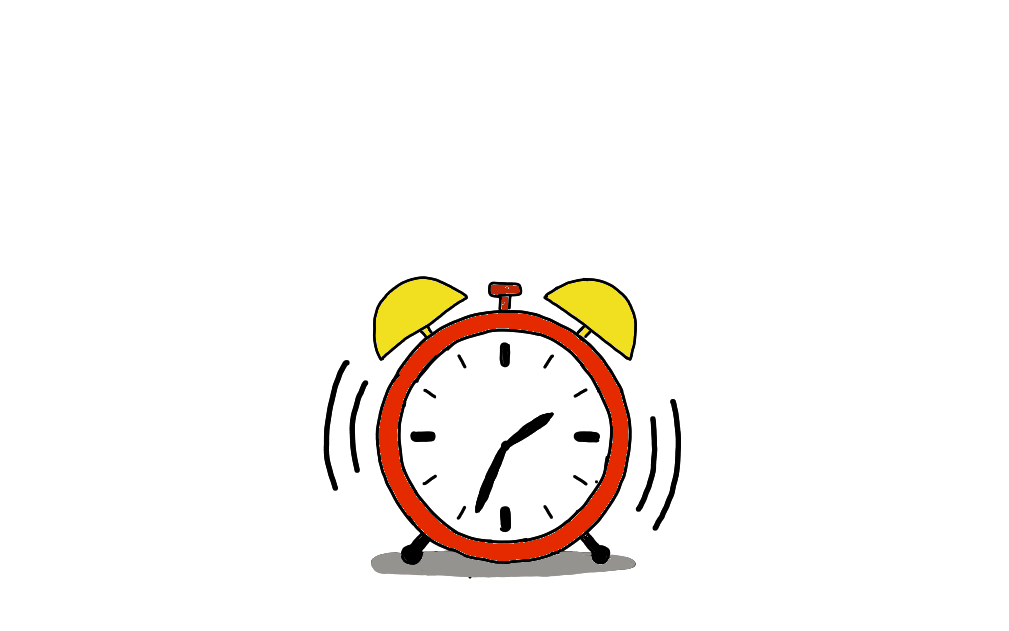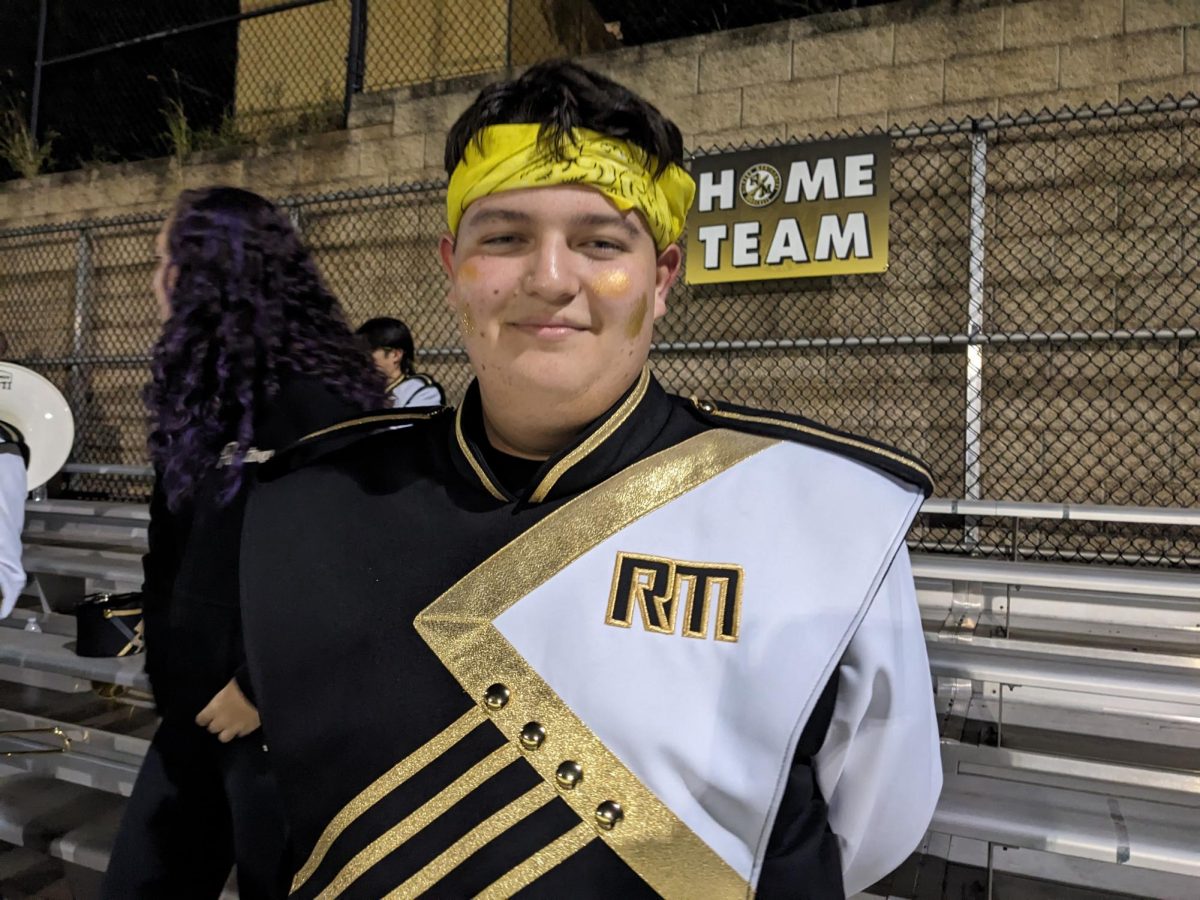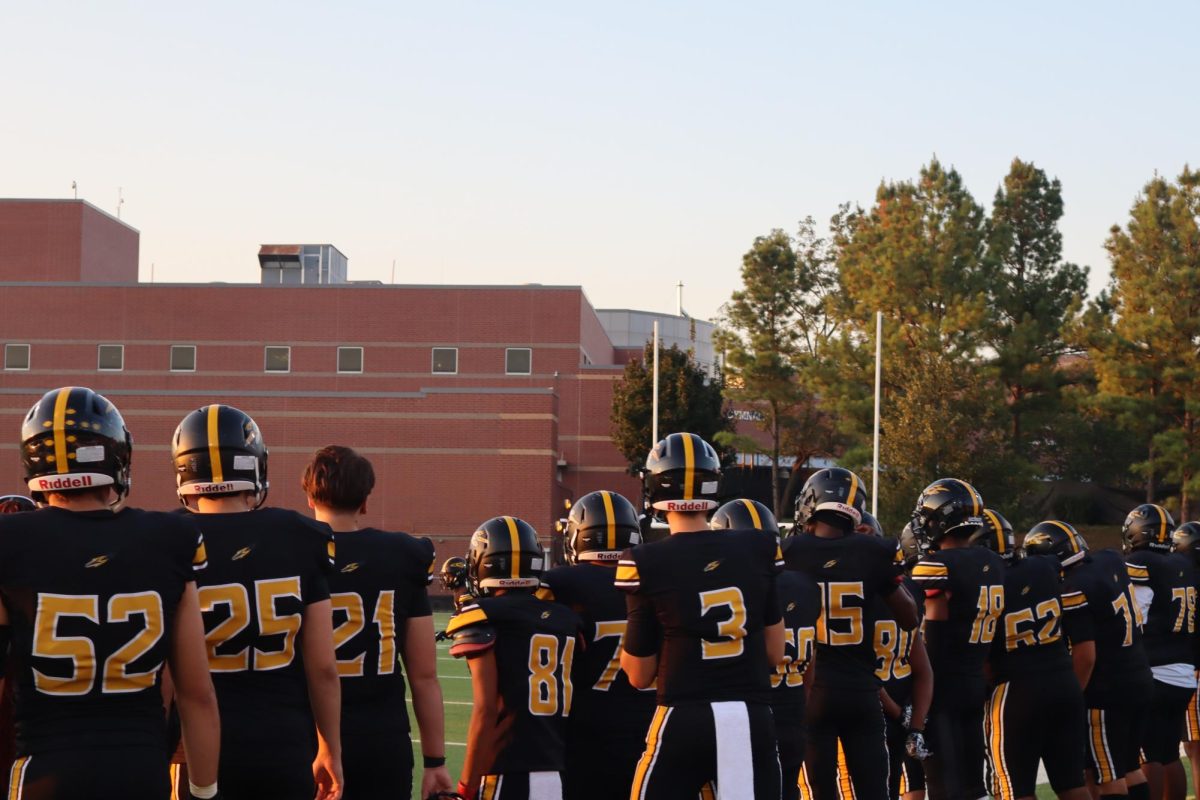With hit songs like “Good Luck, Babe,” “HOT TO GO” and “Pink Pony Club” topping the billboard charts in recent months, pop music artist Chappell Roan has been launched to an unimaginable and rapidly growing level of stardom. However, alongside this fame and ever-increasing popularity, Roan has been forced to face a dramatic increase in inappropriate fan behavior, and the star has taken to social media with a critical message to her fanbase: “I feel the most unsafe I have ever felt in my life.”
In her statement, Roan addressed the invasive and predatory fan interactions that she has experienced with the boom in her fame. “I’ve been in too many non-consensual physical and social interactions and I just need to lay it out and remind you, women don’t owe you,” the artist said in her six-page Instagram post. But some fans have expressed disagreement and outrage towards her statement, saying that “she seems to resent her fans for whatever reason,” and that she is creating “constant arbitrary rules” for her fanbase.
To get to the point: the fans offended by Roan’s reaffirmation of boundaries display a sense of entitlement and a lack of respect that has been normalized for far too long.
Many of these fans argue that Chappell Roan’s boundaries are an overreaction, that this kind of fan interaction is what the singer chose when she decided to pursue a career in music. Chappell Roan herself has acknowledged her fame and the success that she has as a result of fan support. In an interview with Billboard, Roan said, “I embrace the success of the project, the love I feel, and the gratitude I have. What I do not accept are creepy people, being touched, and being followed.”
Being a celebrity and working in an outward-facing career does not justify when fans engage in behavior that exceeds Roan’s boundaries. “Even though she is a rising star and a very good singer, she needs her space,” sophomore Gabby Dominguez said.
Fans must understand that all celebrities have a persona, one that they use to perform and work. Outside of that persona, they reserve for themselves the person that they really are. “Chappell Roan isn’t her real name. It is a persona,” junior Chloe Brown said. Fans need to respect this divide and give celebrities healthy space when they aren’t performing. As Roan put it in her statement, “there is a part of myself that is just for me, and I don’t want that taken away from me.”
Over the years of her career, Roan has repeatedly spoken on inappropriate fan behavior, and in years past she has mentioned feeling overwhelmed with the growth of her career. In an interview with Forbes, Roan said “‘if [there were] stalker vibes or my family was in danger, I would quit. We’re there.’”
Roan’s statement has been a strong indication to us that we need to change the way that we treat celebrities and stop the normalization of parasocial and entitled fan culture. Countless other celebrities, from Taylor Swift to Harry Styles, have experienced numerous incidents of inappropriate fan interaction and disrespectful behavior. “It’s important to remember that celebrities are actual people, and that they aren’t just objects for your entertainment,” IB History teacher Kerri Fry said.
It should not be normal for celebrities to be stalked or treated in this way and then have that treatment justified as a result of their career facing the public. “Invading someone’s personal life, especially stalking and just not respecting their privacy, could be very hurtful,” Dominguez said. “Fans should be more respectful.” Everyone has boundaries, and everyone deserves to have those boundaries be respected by the people around them.
If you would like to voice your opinion on an issue you feel is relevant to our community, please do so here. Anyone is able and welcome to submit a Letter to the Editor, regardless of journalistic experience or writing skills. Submissions may be published either online or in a print issue













